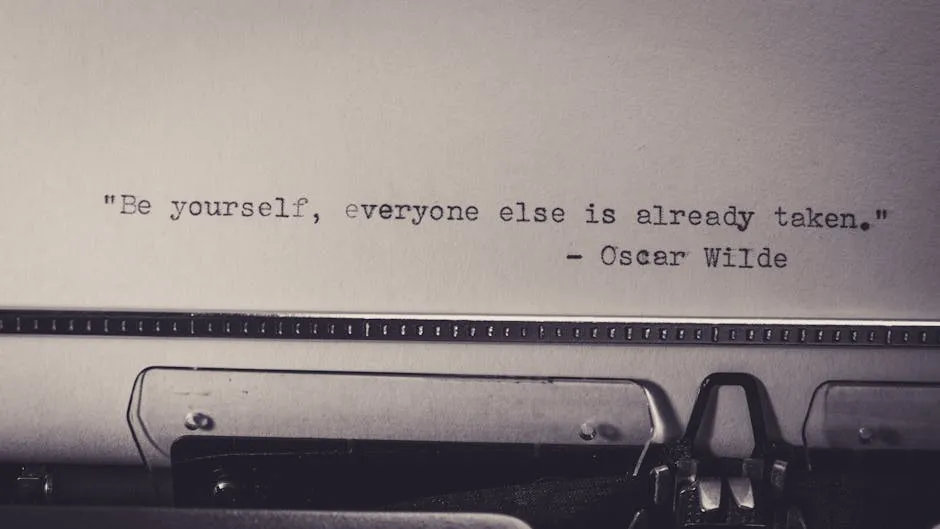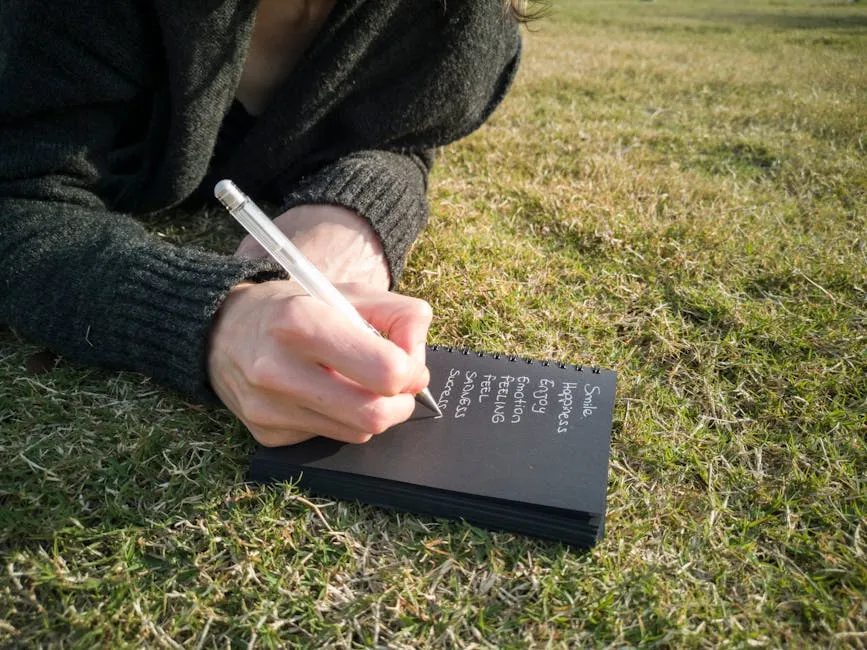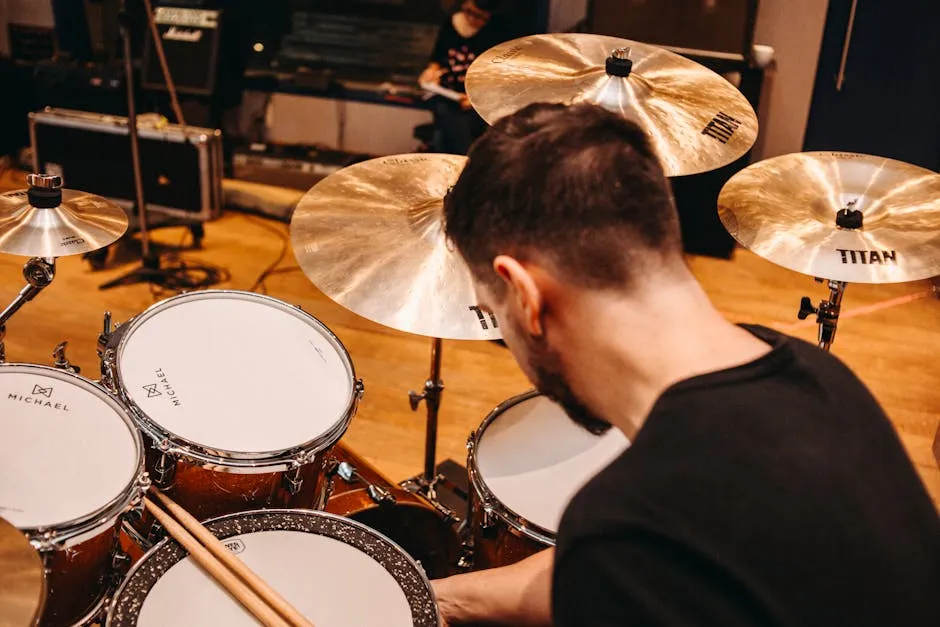
Why Does Doom Metal Help Abuse Victims?
Introduction
In a world where silence often envelops the trauma of abuse, doom metal emerges as an unexpected yet profound outlet for those who have suffered. This genre, characterized by its slow, heavy riffs and introspective lyrics, speaks to the depths of despair while simultaneously providing a sense of community and validation for its listeners. For many, the dark themes and raw emotion embedded in doom metal resonate deeply with their personal experiences, allowing them to confront their pain head-on.
Imagine the weight of your struggles finding a voice. Doom metal does just that. Its slow tempos and crushing rhythms create a soundscape that mirrors feelings of hopelessness, offering a comforting familiarity. The genre’s ability to articulate pain through music makes it a powerful ally for abuse victims. Instead of feeling isolated, listeners discover others share similar experiences and emotions.

Speaking of comforting familiarity, what could be better than a cozy blanket while you immerse yourself in those heavy riffs? Check out this Plush Throw Blanket, perfect for those long listening sessions. Wrap yourself up and let the music wash over you!
Moreover, doom metal fosters a sense of belonging. Fans often gather at concerts or online forums to connect over shared experiences. This sense of community becomes a lifeline, helping individuals feel understood and supported. When the world feels overwhelmingly dark, the shared appreciation of this music can illuminate paths to healing.
Through its confrontational lyrics, doom metal encourages listeners to face their emotions rather than suppress them. This cathartic release is crucial for abuse victims who may feel pressured to hide their pain. As we explore the benefits of doom metal, we will uncover how this genre serves as a unique therapeutic tool, guiding survivors toward understanding and resilience. By embracing the heavy sounds and profound themes of doom metal, individuals can navigate their trauma and begin their journey to healing.
The Psychological Impact of Doom Metal
The Emotional Weight of Doom Metal
Doom metal isn’t just music; it’s an emotional experience. The slower tempo and heavy instrumentation resonate deeply with trauma. Imagine the weight of your pain expressed through haunting guitar riffs. Each note feels like a thunderous acknowledgment of suffering, creating a powerful connection with abuse victims. The genre’s characteristic heaviness reflects the gravity of emotional burdens, giving listeners a sonic space to confront their feelings.
When you listen to doom metal, it mirrors the emotional states of abuse survivors. The slow rhythms encapsulate feelings of despair, often felt when grappling with past traumas. It’s like a musical hug that says, “I get it.” Songs often evoke a sense of melancholy, allowing listeners to feel understood. The raw emotion in doom metal creates a space where victims can explore their pain without judgment.

Speaking of emotional exploration, having the right gear can elevate your listening experience. Consider this High-Quality Headphones that let you feel every note and nuance of the music. Experience the heavy riffs and melancholic melodies like never before!
Moreover, the lyrics often touch on themes of sorrow, longing, and existential dread. They resonate with those who have felt trapped in their own thoughts. This reflection of personal struggles fosters a sense of belonging. When the world feels isolating, doom metal serves as a reminder that others share similar experiences. It transforms isolation into a communal experience through sound.
Therapeutic Aspects of Listening
Research highlights the therapeutic benefits of music, particularly for those dealing with trauma. Music therapy has been linked to emotional healing, and doom metal is no exception. Studies show that engaging with heavy music can help individuals process their emotions effectively. It provides a safe outlet for expressing feelings that may otherwise remain buried.
Listeners often share personal stories about finding solace in doom metal. One fan recounted how the genre helped them navigate their darkest moments. They described the catharsis of screaming along to lyrics that echoed their experiences. This emotional release is vital for abuse survivors, who may feel pressure to suppress their pain.
Another listener emphasized how doom metal gave them a sense of control over their emotions. They found comfort in the genre’s heavy, slow sound, which allowed them to connect with their feelings. This connection can lead to healing, as it encourages victims to acknowledge and confront their trauma. The therapeutic aspects of doom metal run deep, providing listeners with a unique way to engage with their emotions.

While engaging with doom metal, why not enhance your comfort with a Comfortable Chair? Find your perfect spot to relax and dive deep into the rhythms of your favorite bands. Your back will thank you!
Lyrics That Speak to the Soul
Doom metal lyrics often resonate profoundly with trauma survivors. Songs like “Mirror of Sorrow” by Solitude Aeturnus reflect themes of self-identity and existential void, making listeners feel seen. The line “I saw my world but could not see myself” encapsulates feelings of hopelessness that many abuse victims experience.
Similarly, “Desert of Absurdity” by Mizmor delves into the struggle against existential dread. Lyrics such as “A world devoid of purpose and truth” highlight the feelings of despair and confusion that often accompany trauma. These songs evoke a sense of understanding and acceptance, reminding listeners they are not alone in their struggles.

Moreover, the lyrical content of doom metal often evokes feelings of validation. When listeners hear their pain articulated in music, it fosters a sense of connection. The themes of suffering and loss resonate deeply, allowing survivors to feel understood. This validation is crucial for those who have faced abuse, as it encourages them to confront their emotions and accept their experiences.
To fully appreciate those lyrics, consider a Lyric Book where you can jot down your thoughts on your favorite songs. Reflecting on the music can enhance your understanding of your own emotional landscape!

In conclusion, doom metal possesses a remarkable psychological impact on abuse victims. Its emotional weight, therapeutic aspects, and resonant lyrics create a safe haven for those grappling with trauma. Through its heavy sound and poignant themes, doom metal provides an essential outlet for healing, reminding listeners that their pain is valid and shared.
Healing Through Connection
Doom metal is a powerful genre that fosters healing. Fans often share stories about how it has helped them forge connections with others. For many, the music becomes a bridge to a community that understands their struggles. One fan recalled attending a local concert, feeling isolated before. As the heavy riffs filled the room, they noticed others singing along with passion. It was a moment of realization: they weren’t alone.
Online communities also play a significant role in this healing process. Social media platforms have become safe spaces where fans discuss their experiences. Supportive groups allow individuals to share their stories without fear of judgment. One user expressed how they found solace in a Facebook group dedicated to doom metal. The shared love for the genre created a bond that transcended personal pain.

These connections can be life-changing. Fans often report that the genre’s themes resonate deeply with their own experiences. Through shared struggles, they find comfort and understanding. It’s a network of mutual support that helps them feel less isolated. The community reminds them that healing is a collective journey.
To enhance your connection with the community, consider this Band T-Shirt to show your support for your favorite doom metal artists. It’s a great conversation starter and a way to bond with fellow fans!
Conclusion
Doom metal serves as a powerful conduit for healing among abuse victims, providing a unique blend of emotional release, community support, and philosophical exploration. The genre’s slow, heavy riffs create a sonic landscape that mirrors the weight of trauma. Listeners can experience catharsis, feeling their pain acknowledged through haunting melodies and poignant lyrics. This connection is vital for those who often struggle to express their emotions.
In a world that frequently silences the voices of survivors, doom metal stands as a beacon of resilience. It invites listeners to confront their pain rather than hide from it. The lyrics often resonate deeply, exploring themes of suffering, loss, and existential dread. These themes not only validate personal experiences but also foster a sense of belonging within a community of like-minded individuals.
Moreover, the global doom metal community provides support and understanding. Fans share their stories at concerts and online forums, creating safe spaces for dialogue. This sense of belonging is crucial for healing, as it reminds survivors they are not alone in their struggles. The shared appreciation for doom metal transforms isolation into connection, encouraging open discussions about trauma.

Ultimately, doom metal is more than just music; it’s a powerful tool for healing. It empowers abuse victims to reclaim their narratives, reinforcing the message that their pain is valid. By embracing the heavy sounds and profound themes of doom metal, individuals can navigate their trauma and begin their journey toward healing. This genre embodies the spirit of resilience, proving that even in darkness, there is strength and solidarity.
FAQs
What is doom metal, and how does it differ from other metal genres?
Doom metal is a subgenre of heavy metal characterized by its slow tempos, heavy riffs, and bleak atmosphere. The music often features downtuned guitars, creating a sense of heaviness and despair. Unlike other metal genres, such as thrash or power metal, doom metal emphasizes mood over speed, inviting listeners to immerse themselves in its melancholic sound. Subgenres of doom metal include traditional doom, stoner doom, death/doom, and funeral doom, each offering distinct stylistic variations while maintaining the core elements of heaviness and somber themes.
Can listening to doom metal be harmful?
While heavy music, including doom metal, can have potential negative aspects, such as increased aggression or sadness, it also provides therapeutic benefits for many listeners. Research suggests that fans often derive emotional release and social support from engaging with this genre. It can help process feelings of anger, sadness, and despair in a safe environment. However, it’s essential for individuals to be mindful of their emotional responses, as excessive exposure to heavy music might exacerbate feelings of distress for some. Ultimately, moderation and awareness are key to enjoying the benefits of doom metal while minimizing potential harm.
How can someone get involved in the doom metal community?
Getting involved in the doom metal community can be as simple as attending local concerts, joining online forums, or following bands on social media. Many cities host doom metal shows, providing a great opportunity to connect with other fans. Online platforms like Facebook or Reddit often have dedicated groups where fans share experiences, recommend music, and discuss themes relevant to the genre. Engaging with fellow fans allows for shared support and connection, making it easier to explore the rich world of doom metal.
Are there specific bands or songs recommended for trauma survivors?
Several bands and songs resonate deeply with trauma survivors. Notable bands include My Dying Bride, Solitude Aeturnus, and Paradise Lost, whose lyrics often explore themes of pain and healing. Songs like “Mirror of Sorrow” by Solitude Aeturnus and “Desert of Absurdity” by Mizmor provide poignant reflections on suffering and existential dread. These tracks can offer listeners a sense of understanding and validation, making them ideal for anyone navigating the complexities of trauma and healing in their lives.
How can someone get involved in the doom metal community?
Getting involved in the doom metal community is both exciting and rewarding. Start by attending local shows. Check out concert listings in your area. Many venues host doom metal bands, offering a chance to experience the music live. You’ll find like-minded fans who share your passion. It’s a great way to connect with others and discover new bands. Joining online forums can also be beneficial. Websites like Reddit have dedicated doom metal communities. You can discuss your favorite bands, share recommendations, and seek advice. Engaging with others online fosters connections, especially if you live in a less populated area. Social media is another powerful tool. Follow your favorite doom metal bands on platforms like Instagram and Twitter. Many artists interact with fans and share insights about their music. Participating in discussions and sharing your thoughts can enhance your experience. Finally, don’t hesitate to reach out to artists directly. Many musicians appreciate fan engagement. Send them a message expressing your admiration or asking questions about their work. You might be surprised by how approachable they are. Overall, immersing yourself in the doom metal community can provide a sense of belonging and understanding.
Understanding emotional triggers is crucial for stress relief, especially for abuse survivors. why is understanding emotional triggers important for stress relief
Please let us know what you think about our content by leaving a comment down below!
Thank you for reading till here 🙂
Understanding emotional responses is vital for mental health, particularly in the context of trauma recovery. why understanding emotional responses is crucial for mental health
All images from Pexels




